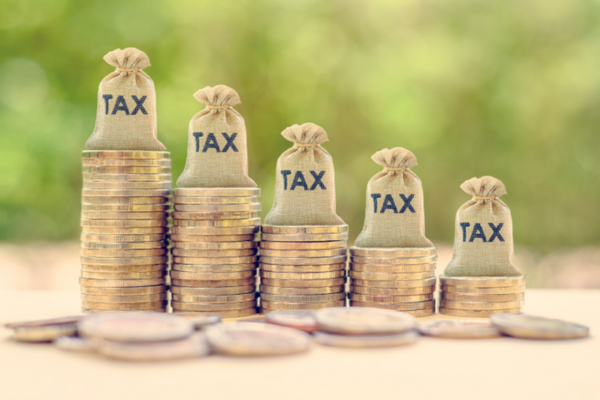There’s been a lot of debate and discussion surrounding that on social media recently. For example, when Prime Minister Anwar Ibrahim announced that the T20 income group will not benefit from electricity subsidies and haj financial assistance, some people cried foul, saying that the T20 already pay the highest taxes so surely they deserve the highest subsidies from the government too. Similar conversations also took place when the government made the 2% tax cuts for the M40 and increased tax rates for relatively high-income earners by 0.5%. Many wondered why higher-income earners should pay more taxes.
We discuss the importance of progressive taxation and if taxing the rich – the real rich – stifles innovation, with Ng Sze Fung, Research Officer, REFSA.
Summary
Sze Fung provides an overview on Malaysia’s mixed economic system, which includes a variety of private freedom, combined with centralised economic planning and government regulation. He also goes over what taxation is and what function it serves, including what progressive taxes and regressive taxes entail; notably, personal income tax rate will be lowered by two percentage points for those earning RM100,000 and below annually. However, those with higher earnings in the T20 group would incur more tax, which will be raised from 0.5% to 2% for those earning between RM100,000 to RM1mil annually.
Progressive income taxation contributes towards reducing income inequality by directing taxation and income transfers to the poor, however is mainly effective in the short term and does not accelerate growth in any major way. Directly investing in opportunities for poor people is essential, and transfers to the poor should also boost people’s capacity to generate income. In comparison to Scandinavian countries, their high social safety nets and public funding of services naturally require higher levels of taxation, which is reflected in high
tax-to-GDP ratios. Sze Fung also goes into the need for taxes in exchange for common goods (including public services and even subsidies) paid by the government and is accessible to all members of society, which is often taken for granted in Malaysia.
Arguments on how people who pay more taxes should be rewarded more is ultimately against the spirit of progressive income tax, which acts as a re-distributive means, and as a matter of fact is broadly supported by the general population, according to the World Bank. Progressive taxation is meant to reduce inequality and hold up our social safety nets. As for the top 1%, their wealth/assets still serves as a source of retirement income. Merely increasing income tax or making income tax more progressive but without re-distributive means would not cure the issue of wealth disparity. The argument of wealth tax stifling economic growth and innovation is typically false as most innovation is produced by young, not wealthy individuals who would not be impacted by a high-exemption wealth tax, where the wealthy often “own” and put in patents rather than innovate.
Having an international tax cooperation would be beneficial towards preventing capital flight. Malaysia is already committed to the OECD’s Base Erosion and Profit Shifting (BEPS) Action Plan as an international taxation standard, of which includes focusing on improving transparency through the exchange of information on tax matters and requirement of substantial activities for any preferential regimes. The new government has also committed to revise the subsidy framework to include targeted subsidies, which will ultimately be beneficial. Sze Fung ends by emphasising the need for more investment on social safety nets and the welfare of the people.
–
Produced by: Dashran Yohan
Presented by: Dashran Yohan

